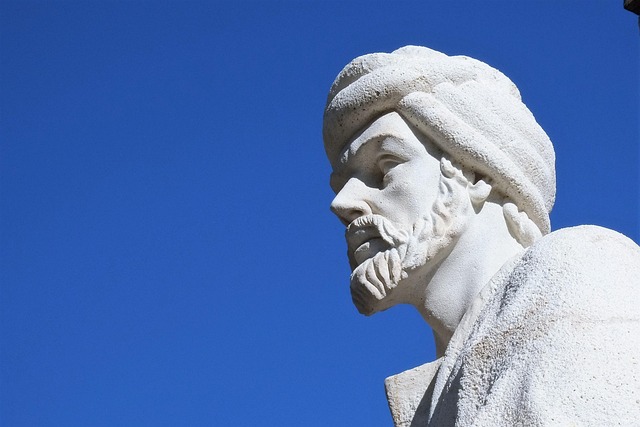The vastness of the universe has always intrigued humanity, sparking questions that blend the realms of science and philosophy. At the intersection of these two domains lies philosophical hermeneutics, a framework that emphasizes the importance of interpretation and understanding in our quest for knowledge. As we delve deeper into modern science, we find ourselves also engaging in a form of interpretation that is not unlike the one explored in philosophical hermeneutics.
In the realm of science, we often pursue objective truths about the universe—seeking to quantify, categorize, and explain phenomena through observation and experimentation. Yet, this scientific pursuit is inherently interpretative. Each piece of data collected demands an understanding that transcends mere numbers; we must interpret what the findings mean in the broader context of existing knowledge. Here, philosophical hermeneutics teaches us that the act of interpreting is not merely a means of understanding the external world, but also a reflection of our internal cognitive processes and biases.
Consider the implications of groundbreaking scientific theories, such as quantum mechanics. These theories challenge conventional notions of reality and demand new interpretative frameworks. Philosophical hermeneutics asks us to assess our presuppositions and prejudices, urging us to be open to multiple interpretations of scientific data. This openness fosters adaptability, allowing us to embrace not just the discoveries of modern science but also the potential for new insights that our existing frameworks may have overlooked.
Moreover, as modern philosophy continues to evolve, the infusion of hermeneutical principles into scientific discourse has the potential to enhance our understanding of complex concepts like consciousness, time, and space. Philosophers such as Hans-Georg Gadamer and Paul Ricoeur have underlined the significance of historical context and cultural narratives, adding layers of meaning to our interpretation of scientific discoveries. The integration of these perspectives encourages a more holistic view and challenges us to question the nature of objectivity in science.
For students and enthusiasts alike, the dialogue between philosophical hermeneutics and modern science invites us to be more reflective thinkers. It prompts each of us to consider how our interpretations shape our understanding of scientific truths and how the narrative we construct around these truths defines our relationship with the universe. This process of interpretation can be immensely empowering, enabling us to navigate the uncertainties of both science and existence with a sense of curiosity and wonder.
Ultimately, the connection between philosophical hermeneutics and science serves as a reminder that our intellectual endeavors are not isolated pursuits but are deeply intertwined with our human experience. In seeking to interpret the universe, we are not merely observers; we become active participants in an ongoing conversation that bridges disciplines, cultures, and generations.




